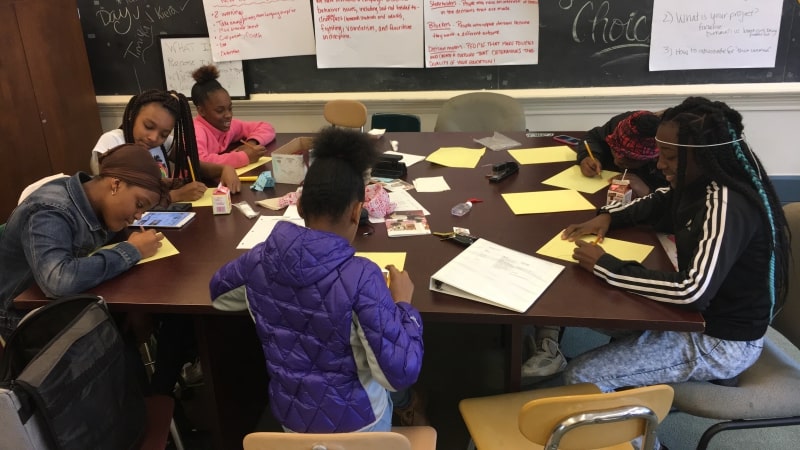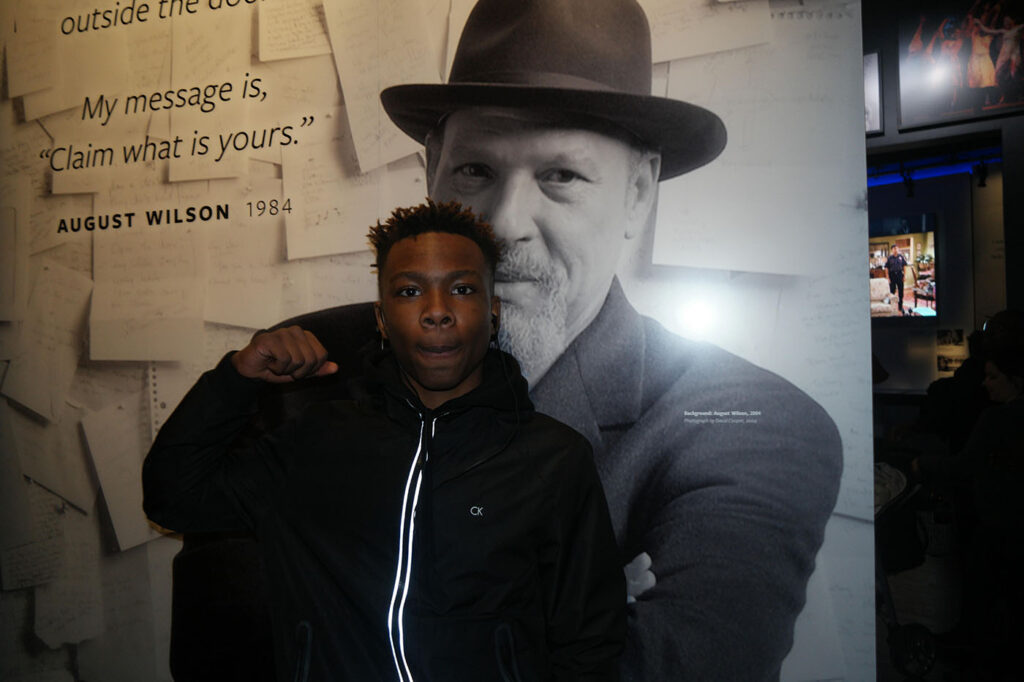


We utilized Character Coaches, which have a pulse on the culture in the community and that enables them to be highly successful. Character Coaches serving as conflict specialists in schools to support school staff by modeling culturally specific mentoring practices, managing class transition periods and providing intensive support through individual or group sessions to students that build and develop social emotional skills, and to activate the empowerment of parents to be equitable partners with school staff. The AIM initiative is in operation as a supportive response to discipline practices in urban school settings.
Character Coaches take on many roles, but all roles stem from a position of servant-leader. As servant leaders through the AIM initiative, Character Coaches lead by serving students, in schools and in their community. AIM assess the barriers and resources of the community in which the student is in school and lives through observation, dialogue and a social capital tool to discover how best to mobilize what resources are needed and which resources are available in the community that can be activated. The Character Coaches are seen, known, and available in the community of the students a process of relationship building that is significant and sustainable.
Through the AIM Initiative, we are making significant discoveries operating in PreK-8 schools with grades 5th – 8th and work in 9th-12th. One major discovery is a need for Character Coaches to extend their support for students engaged or interested in after school athletics. Here’s what we know about the impact of racial inequity of discipline practices and athletics on African American males and what we, through data driven design, seek to disrupt:
-During the 2009-2010 school year, African American students represented 17% of National discipline data (Losen & Gillespie, 2012)
-During the 2011-2012 school year in the State of Pennsylvania, African American students represented 13.6% of the school population, but 48.25% African of the out-of-school discipline data.
In that school year, 166,000 African American students were “pushed out” of school. Pittsburgh Public Schools is the 2nd largest school district in the state and ranks 5th in the states discipline data (American Civil Liberties Union of Pennsylvania, 2013)
Through these experiences, we have discovered a high need for the AIM initiative to expand into systemic supports in addition to the student, family, school and community support. It is our claim that teachers and administrators are not always reflective of the various cultural and social spaces navigated by students and their families. This lived reality of navigating often challenging spaces impacts how students are in relationship with the process of education.
Culturally responsive engagement processes supports the authentic connection of teachers, families, students, and curriculum, especially in the current culture of standardized educational practices. However, this type of engagement requires many levels of reflection on the part of teachers, administrators, and community-centric leaders. In addition, it requires the recognition of the realities that accompany the facts and issues that come with serving in marginalized urban communities.
